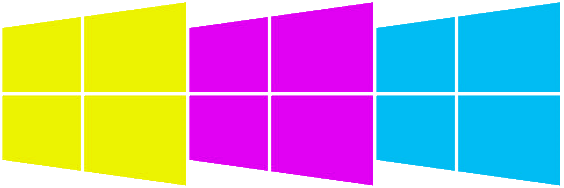Dec 5th 2013, 14:00, by Peter Bright

Canalys's report shows the remarkable benefit of hindsight, as just last week Julie Larson-Green, head of Microsoft's Devices and Studios Engineering Group, told the audience at a UBS investor event that Microsoft was "not going to have three" operating systems in the future. Larson-Green outlined a need for two operating systems: a locked down mobile-oriented one and a full-strength one for tasks that need full flexibility.
In some quarters, this is being interpreted with joy as confirmation that Windows RT will be killed off. Rumors reported by Mary Jo Foley would seem to confirm this: Windows Phone will be expanded, first in an 8.1 release in the first half of 2014 and then in a new operating system release in the first half of 2015. This expansion of Windows Phone will give it API parity with Windows RT, enabling applications to be compatible with both phones and tablets. As such, Windows RT will be squeezed out.

No comments:
Post a Comment